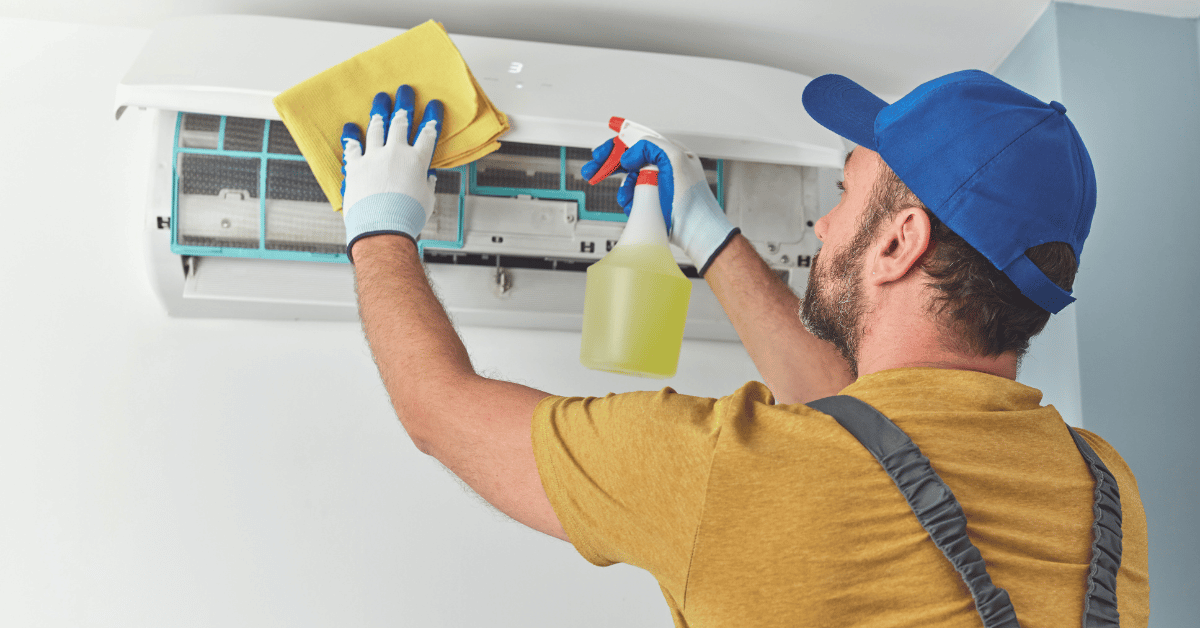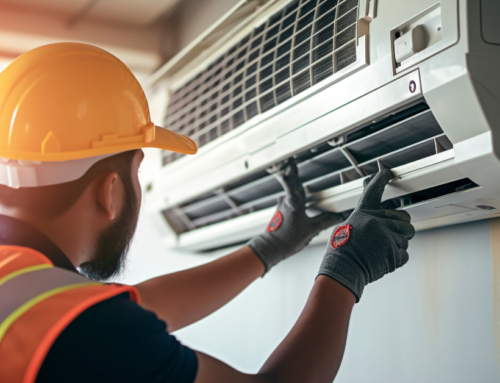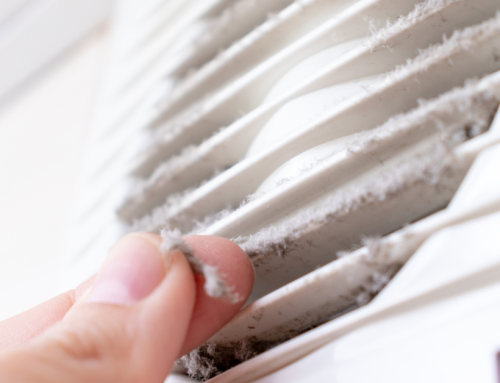Air conditioners cool air by removing heat, and their coils are critical to getting the job done and overall efficiency. How so? Evaporator coils cool similarly to skin evaporation. As the air heats the evaporator coil, a refrigerant turns into a gas. The refrigerant is piped outside the home to another coil, where it releases heat and becomes liquid again. The exterior coil is called the condenser because refrigerant condenses from a gas to a fluid-like moisture on a chilly window. A compressor moves refrigerant between the two coils and changes its pressure so that it evaporates or condenses in the right coils.
Did you know that when the evaporator coil on your air conditioner is dirty, the entire system might malfunction? Nonetheless, dirty AC coils aren’t always to blame. Learn more about the warning signs of grimy AC coils, other potential causes of your AC problems, and how to fix the problem of dirty AC coils here.
Issues From Dirty AC Coils
If your AC coils are mucky, you’re likely to experience these signs:
AC Breakdowns
When your air conditioner runs with dirty coils, condensation builds grime and freezes. The accumulation of ice on the evaporator coil prevents heat transmission with the air in your house, rendering the air conditioner inefficient.
Costly Energy Bills
Having a less effective air conditioner due to dirt and debris will result in increased monthly energy costs. If dirt has accumulated on your air conditioner’s coils, the unit will be less effective at absorbing and expelling heat. According to Essential Home and Garden, air conditioning uses more than 10% of your yearly energy bill, and that number rises dramatically in the summer and if your AC coils are dirty.
Also, cleaning both sets of coils annually may reduce your HVAC system’s average running cost by as much as 25 percent, according to research by the American Society of Heating, Refrigerating, and Air-Conditioning Engineers (ASHRAE).
A Home That Does Not Cool or Heat Adequately
According to the American Council for an Energy-Efficient Economy (ACEEE), air conditioner performance and airflow are both negatively impacted by the presence of coil fouling, which raises the system’s pressure drop. This makes the air inside your home more humid and makes it less effective at cooling.
A Musty Odor
This unpleasant smell is due to the buildup of mold, mildew, and other germs on the evaporator coil of your air conditioner. Bacteria quickly proliferate on unprotected coils when they are exposed to a lot of moisture, dirt, and debris. This may lead to unpleasant smells and even health problems in your house. This issue is also referred to as “dirty sock syndrome.”
What Else Can It Be If It’s Not Dirty AC Coils?
Dirty and frozen AC coils may not be the only reason your AC has backed up. According to the U.S. Department of Energy’s (DOE’s) Energy Saver, the following are some other reasons why your AC may not be running in tip-top condition:
Poor Upkeep
If you let the filters and coils in your air conditioner become unclean, the unit won’t cool as well and may even break down before its time.
Problematic Sensors
Placed behind the control panel, the thermostat sensor in a window or wall-mounted air conditioner monitors the air’s temperature before it reaches the evaporative coil. The air conditioner may cycle on and off continuously or act erratically if the sensor is jarred out of place. Modify the sensor’s location by gently flexing the wire that secures it in place; it ought to be close to the coil but not contacting it.
Potential Loss of Refrigeration Freon
There are two possible causes for low refrigerant levels in an air conditioner: improper charging during setup or a leak. Adding more refrigerant won’t fix a leaking system. If there is a leak, a professional should seal it, verify the repair, and then load the unit with the appropriate quantity of refrigerant.
Always make sure that the refrigerant charge in your air conditioner is correct, meaning that it is neither undercharged nor overcharged. This will provide the best performance and efficiency possible. Leaks of refrigerants may also be damaging to the environment.
Drainage Issues
During times of high humidity, you should verify that the condensate drain is clear and functioning. If air conditioners aren’t positioned flush with the ceiling, water may pool and not drain correctly.
An Error with Your Electrical Supply
Because of the continuous cycling that occurs with an enormous system’s air conditioner, the compressor and fan controls are more likely to fail. Electrical connections and contacts should be inspected during a professional repair visit since the deterioration of wires and terminals is a common issue in many systems.
Resolving the Issue of Dirty AC Coils
The U.S. Department of Energy states that maintaining your AC coils on a regular basis is essential to ensuring the unit’s ongoing efficiency. Note that you won’t be able to fix spoiled fins with a fin comb and that only a trained professional can do this.
Whether done by a professional or yourself, AC coils are maintained by doing the following, according to The Spruce:
Maintaining Your Condenser Coils
- Find the AC’s condenser.
- Shut off your circuit breaker.
- Take off the condenser’s side and top covers.
- Remove your condenser fan.
- Look inside the AC unit and see whether everything is in working order.
- Clean the dirt and vacuum any residual grime.
- Unflatten any squashed coil fins.
- Cleanse the grille.
- Ascertain if the fins are properly cleaned with a flashlight.
- Spritz foam cleanser in the cabinet.
- Spritz the inside and outside of the condenser with water.
- Put the unit back together.
- Secure a mesh leaf cover on the top of the unit to prevent verdure from getting in.
Maintaining Your Evaporator Coils
- Unplug the unit.
- Find and take a look at the inside of the evaporator coils.
- Give the fins a good brushing.
- Straighten the fins using a fin comb.
- Utilize a foamy coil cleaner on the coil assembly.
- Spritz rinsing water over the coils.
- Wait for the coils to dry before putting the unit back together.
It’s always best to hire the services of our NATE-certified HVACR professionals if you’re in the Denver metro area and want to maintain or repair your AC.
How We Can Help
Whatever the issue is with your air conditioner, our skilled technicians will perform all necessary diagnostics to get it back up and running. We can gladly install a ductless mini split or other modern, energy-saving model after determining whether a new air conditioner is required. Schedule an appointment with one of our HVAC professionals today.



